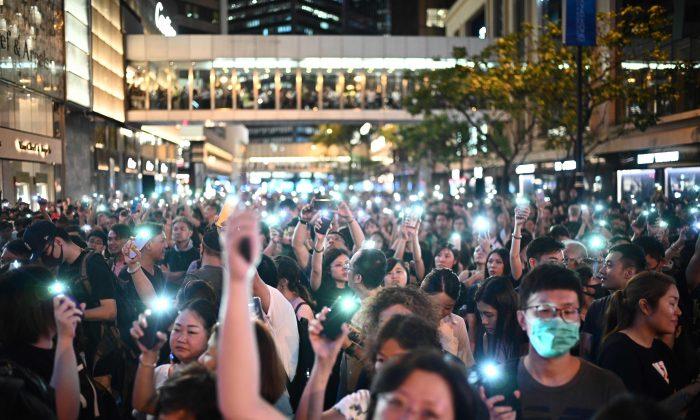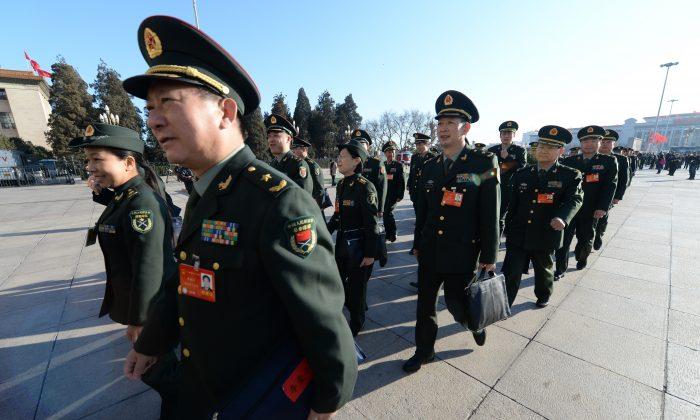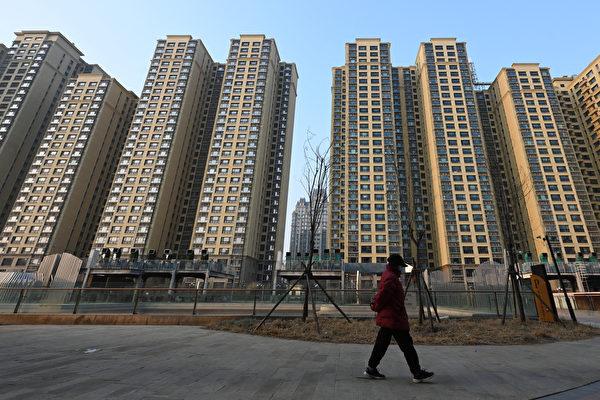With the latest figures showing that the number of Hong Kong civil servant resignations at an all time high, the Hong Kong government is further strengthening its ideological control over civil servant with its announcement that starting July 1, 2022, a test on the National Security Law will be part of its recruitment of civil servants.
The Hong Kong Civil Service Bureau recently announced that more than 2,800 civil servants resigned in the nine-month period from April to December 2021, an increase of 50 percent over the full fiscal year from April 2020 to April 2021.
Figures show that 8,274 civil servants left their jobs, of them 2,809 resigned in the last financial year at the end of December. The resignation rate was 1.6 percent out of the total 178,000 civil servants—statistics provided by the government in March 2021—the highest since the handover of Hong Kong’s sovereignty.
A total of 39 Administrative Officers left by December last year, of which 27 resigned, a record number in recent years. Among the 27 resigning Administrative Officers, 9 were at the directorate level and 18 at the non-directorate level.
Leung Chau-ting, chief executive of Hong Kong Federation of Civil Service Union, said this is not surprising at all. He told Hong Kong media Ming Pao that the working environment of Hong Kong civil servants has become uncertain—they have to face political pressures like taking oaths, and face increased work pressures. He worries that with the falling number of applicants for civil service jobs in recent years, the vacancies might not be filled.
The Information Service Department of Hong Kong announced on April 19 that candidates for civil service positions, published from July 1 this year, must pass a test on Hong Kong Basic Law and the National Security Law, and will be an entry requirement for all civil service positions.
After the Chinese Communist Party (CCP) implemented the Hong Kong National Security Law in 2020, the Hong Kong government compiled a list of civil servants who supported and participated in the Anti-extradition Movement, many of whom were suspended.
In early 2021, the authorities required all civil servants to swear or sign a declaration of allegiance to the Hong Kong government, and those who refused were fired. The harsh political environment and pressure have triggered a wave of resignations among civil servants. Official figures show that by the end of August last year, more than 650 people had refused or ignored oaths and declarations, including 129 civil servants, 149 full-time non-civil servant government employees, and about 380 part-time government employees.
Wong Luk-ha, director of the public affairs team for Radio Television Hong Kong (RTHK), resigned in March 2021. She told her colleagues that she “can’t work beyond the bottom line of value.” Chiu Sin-yan, Chairman of the RTHK Programme Staff Union speaking on behalf of RTHK staff, said the reason for her resignation was that there were more and more political demands in her job. Seeing various institutionalized injustices, she decided “people of different aspirations or principles cannot get along together.”
On June 9, 2019, millions of Hong Kong people marched to protest the Hong Kong government’s revision of the Fugitive Offenders Ordinance, marking the beginning of the Anti-extradition Movement. On August 2 of the same year, 40,000 Hong Kong civil servants held an “anti-extradition” rally. It was the first time in history that civil servants, as public officials, launched a rally to protest government policies.
The revised bill would allow Hong Kong criminal suspects to be extradited to mainland China for trial. Opponents worried that extraditions to the mainland could lead to unfair trials due to distrust of mainland China’s judicial system. The movement is the longest and largest anti-communist movement in the history of Hong Kong. The CCP’s Foreign Ministry calls it a “color revolution.” The Hong Kong government suppressed the movement by force, and passed the Hong Kong National Security Law to further clamp down on freedoms and which ultimately lead to waves of people leaving the country.





